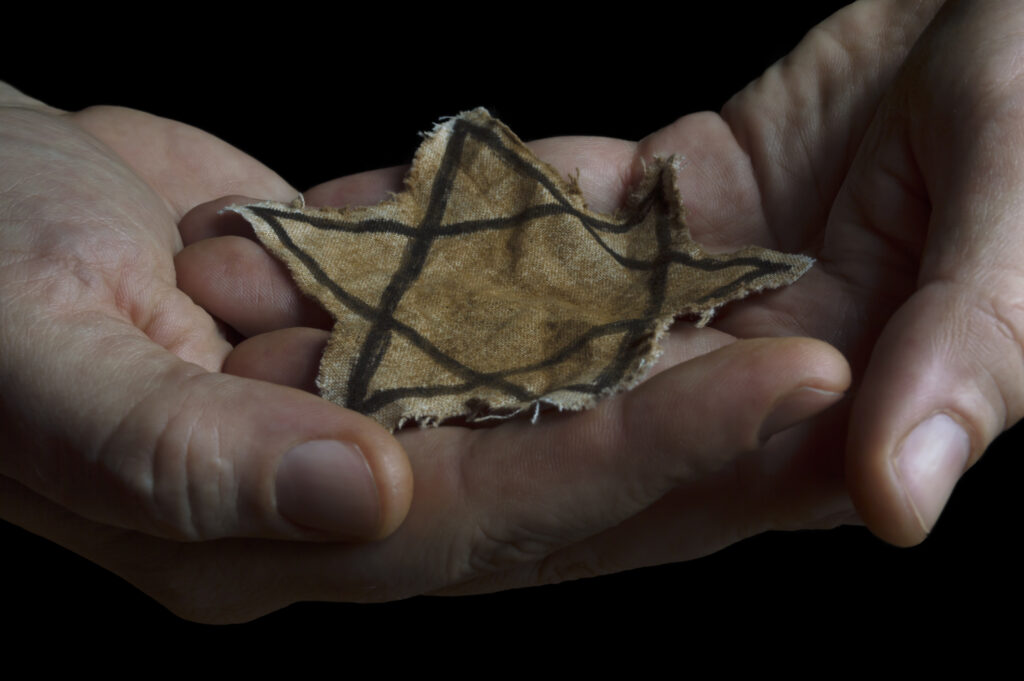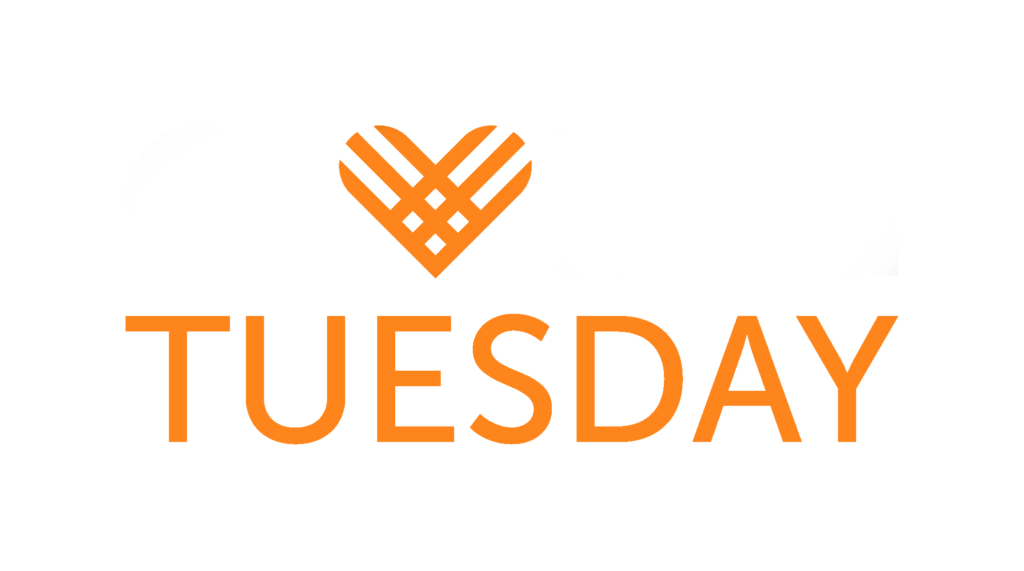Return to Vienna, August, 1955
by Eva Maiden
The streetcar lurched, and I almost lost my footing. I was making my way to the home my family had lived in, before we had to escape to save our lives. Although I had been a small child then, the buildings and trees I saw from the tram window seemed slightly familiar. So many memories pushed into my mind as we moved along the tracks. I remembered the smell of Nivea Cream in our nursery – and how I used to like watching my older brother Helmut play with his friends, laughing. In those days he didn’t have the angry, frightened expression that repelled people now. Thinking about him, I remembered the uniforms and boots of German soldiers, but not their faces. My heart began to beat stronger and faster.
As I hung onto the streetcar pole, the tune of “Vienna, City of My Dreams” repeated itself in my mind with hollow chords. I watched passing street signs, looking for Taborstrasse where we had lived. It was only when I saw the leather shop at the front of our apartment building that I realized it was time to get off. Yes, there above the shop was the balcony my mother was so proud of. It looked smaller than it should have been – back in New York she still spoke of it as being quite grand. Walking slowly toward the window of the leather shop, I thought this must have been where my mother bought her beautiful gloves, and my father his briefcase. I wondered crazily how a store could continue to exist when those who tended it had vanished.
It was important to calm myself now for my meeting with Chnava, the Hausbesorger (building manager). My father had explained to me that Chnava was a Czech who was anti-Nazi, and had done what he could for the Jewish families who once inhabited the entire building.
My brother had sailed to Europe on a student ship some years earlier while on a college break, and had spoken with Chnava. Helmut was given two carefully saved letters addressed to my mother in 1941 and 1942. Each one was from the German government, informing my mother that a sister of hers had perished. The letters didn’t mention how the sisters had been murdered. When my brother brought the letters back to New York, they reminded me of a wartime movie in which an American family received a Western Union telegram during the war: “We regret to inform you that your son…” Except, the German letters didn’t contain the regret part.
Walking into the building, I had no trouble finding Chnava’s door on the first floor. We embraced happily as the old man gushed in Viennese dialect with a Czech accent – what a cute little girl I had been, and here I was now, a grown young lady, a college student! He had already seen someone from almost every family, he said, as the survivors came to visit from many lands. In fact, my brother had come, did I know that? What a difficult child he had been! Many a time, Chnava remembered, our nanny had to struggle with him at the staircase when he had a tantrum. Would I like to walk through the building so that he could tell me about the families that used to live here? His voice was warm and sympathetic. We both understood that such a tour would mean visiting ghosts.
We first stopped at the door opposite mine. “N’ja, the Weinbergs, they escaped to Shanghai,” Chnava began. “And here’s your apartment, the biggest one in the building. What a busy place it was, with your father’s and mother’s patients coming in and out all day! By the time your parents left with you kids, and that bitch of a woman, that Nazi doctor took it over, there wasn’t too much going on anymore!”
We climbed another flight, and stopped in front of each door. “Ja, the Gerstingers – the S.S. came before dawn one day – they sent the father to Dachau, but the teenage boy, he wasn’t home that night. He came alone to visit after the war. And the Lindemanns, this is their door – they were from South America, they managed to get back there before it was too late. Do you remember, Emmanuelito used to play with Helmut? You kids called him Lito. And here were the Schwartz’s – the father got taken somewhere by the S.S. right away back in 1938 – they were a big family but their mother got all the kids out with her to France…after that I don’t know what happened. Evalein, is Pittsburgh very far from New York? Here, you see, this is where Herr and Frau Gottesmann used to live – they visited five years ago from Pittsburgh.”
Another flight of steps. “Well, the Lederers – it was no good at all – they ended up in Auschwitz, the whole bunch. And the Klein family – she never left Vienna. After they sent her man to Germany and worked him to death she just moved to a different district with identity papers as a Catholic for herself and the little girl. I think her sister was married to a Catholic.”
My tears stayed on the inside, as we returned down the stairs. I already knew that I had lost a home and a safe childhood. But now I felt a new loss. All of the families around us had been a part of me once.
I told Chnava a few stories of my family’s life in America, and we parted with another hug. When I stepped outside, the glare of the sun hurt my eyes after our dark tour. There was still one bombed out building on the block, and I was somehow very glad to see it. It was like a sculpture, expressing my feelings. And seeing it, I thought maybe my neighbors wouldn’t be forgotten so easily.
In reconstructing the conversation above, I have fictionalized the names and some of the destinations of my former neighbors. Their fates tell the story of the murderous era of Nazi domination in Austria.
(Copyright © 2013 by Eva W. Maiden)









